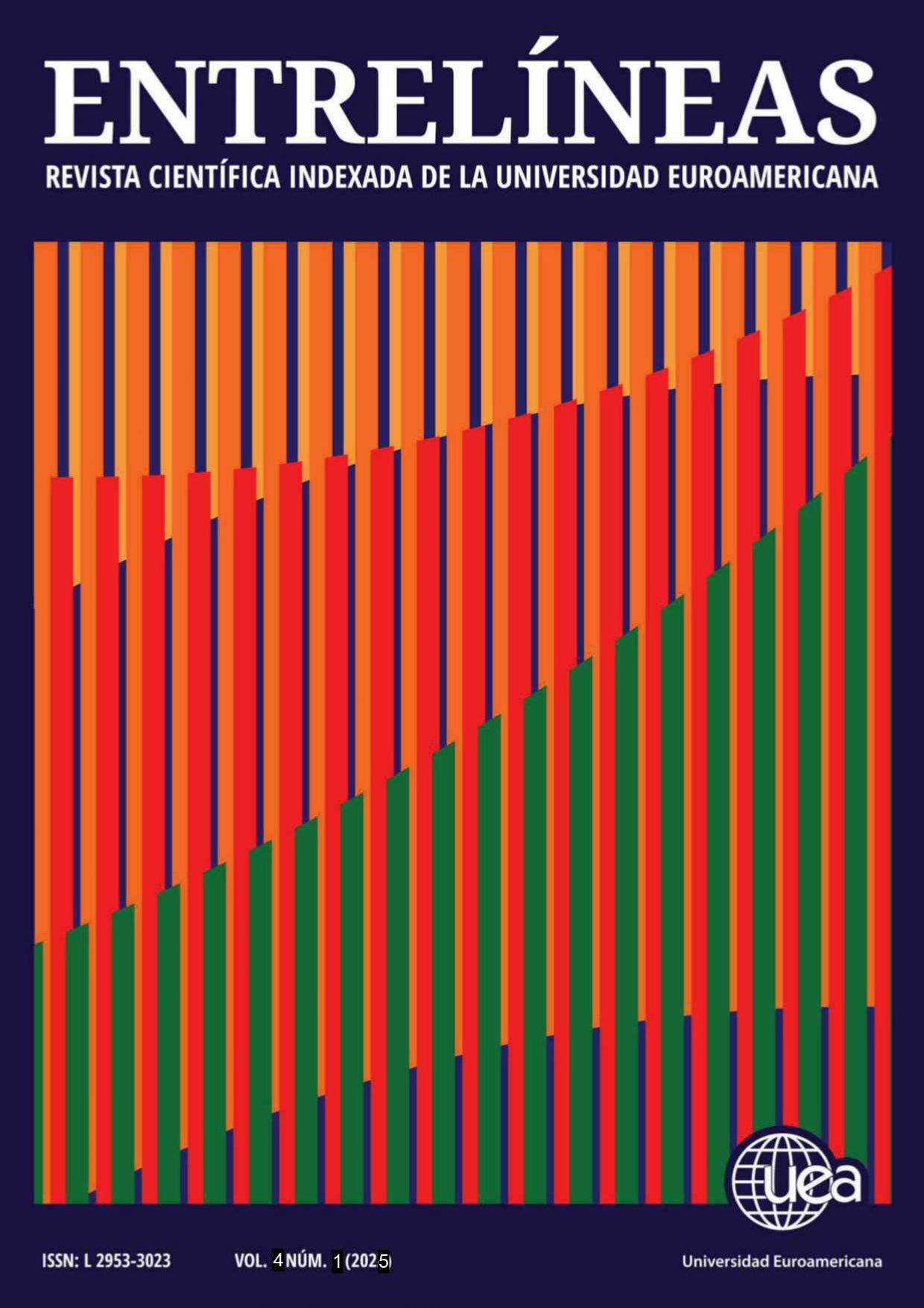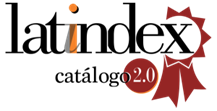Accounting information systems and data-driven decisions
DOI:
https://doi.org/10.56368/Entrelineas414Keywords:
Accounting Information Systems, data-driven decisions, organizational management, technological appropriation, literature reviewAbstract
This article analyzes the role of Accounting Information Systems in data-driven organizational decision-making, with the aim of analyzing the support of AIS in data-driven decision-making in organizations, considering their design, functionality, and adoption by users. From a constructivist ontological and interpretive epistemological perspective, documentary research was carried out through a literature review. The results demonstrated that AIS, implemented in a manner consistent with the organization's information needs and appropriated by users, become instruments for operational efficiency, financial transparency, and strategic orientation. It is concluded that the development of a data use culture, together with the technical and analytical training of users, is necessary to enhance the potential of AIS in demanding digital environments. The study proposes future empirical research in specific organizational contexts to strengthen the understanding of these systems as drivers of value and organizational transformation.
Downloads
References
American Accounting Association. (2017). Accounting Information Systems (AIS). Mission Statement. https://aaahq.org/AIS/About
Balthazard, P. A. & Cooke, R. A. (2004). Organizational Culture and Knowledge Management Success: Assessing The Behavior-Performance Continuum. Proceedings of the 37th Annual Hawaii International Conference on, http://dx.doi.org/10.1109/HICSS.2004.1265577
Castillo, C. A., & Villarreal, J. L. (2015). Los Sistemas de Información Contable y el Balanced Scorecard en las pymes industriales de Pasto. Contaduría Universidad De Antioquia, (65), 35–47. https://doi.org/10.17533/udea.rc.24389
Cerullo, M. J.; Raval, V., Wong-On-Wing, B. & Wilkinson, J. W. (1999). Accounting Information Systems: Essential Concepts and Applications. John Wiley & Sons.
Chloe, J-M. (2004). The relationships among management accounting information, organizational learning and production performance. The Journal of Strategic Information Systems, 13(1), 61-85. https://doi.org/10.1016/j.jsis.2004.01.001
Coad, A., Jack, L. & Rashwan Kholeif, A. O. (2015). Structuration theory: reflections on its further potential for management accounting research. Qualitative Research in Accounting & Management, 12(2), 153-171. https://doi.org/10.1108/QRAM-01-2015-0013
Drury, C. (2012). Management and cost accounting. Cengage Learning EMEA.
Gaibazzi, M. F., Berizzo, M. L. & Trottini, A. M. (2021). Demanda de competencias digitales al contador público. Una mirada desde la educación superior. SaberEs, 13(1), 73-90. https://www.scielo.org.ar/scielo.php?pid=S1852-42222021000100073&script=sci_arttext
Gartner Research. (2022). Predicts 2022: Data and Analytics Leaders Must Expand Value While Managing Cost and Risk. Gartner Research. https://www.gartner.com/en/documents/4008808
Gelinas, U. J., Dull, R. B. & Wheeler, P. (2018). Accounting Information Systems. Cengage.
Granlund, M. (2011). Extending AIS research to management accounting and control issues: A research note. International Journal of Accounting Information Systems, 12(1), 3-19. https://doi.org/10.1016/j.accinf.2010.11.001
Hall, J. A. (2016). Accounting Information Systems. Cengage eBooks.
Hernández Celis, D., Monrroy Aime, J., Guardia Huamani, E. J., Romero Limachi, F. D., Fonseca Sánchez, O. L. & Hernández-Celis Vallejos, J. P. (2024). La contabilidad financiera como instrumento eficaz para la toma de decisiones empresariales. IDEOs.
Hurt, R. (2015). Accounting information systems : basic concepts and current issues. McGraw-Hill.
Narváez Portillo, E. X., Ozuna Álvarez, D. S. & Mejía Posada, J. D. (2023). Análisis de los sistemas de información contable en Colombia. Universidad Cooperativa de Colombia, 1-15. https://repository.ucc.edu.co/server/api/core/bitstreams/e5eae25d-6e21-42f4-b7b1-fb2bb94404da/content#page=7.09
Orlikowski, W. J. (1992). The Duality of Technology: Rethinking the Concept of Technology in Organizations. Organization Science, 3(3), 398-427. https://doi.org/10.1287/orsc.3.3.398
Romney, M. B. & Steinbart, P. J. (2018). Accounting Information Systems. Pearson Higher Ed.
Rueda-Delgado, G. & Arias-Bello, M. L. (2009). Los sistemas de información contable en la administración estratégica organizacional. Cuadernos de Contabilidad, 10(27), 247-268. https://www.redalyc.org/pdf/3836/383668929003.pdf
Schein, E. H. (2010). Organizational Culture and Leadership. Jossey-Bass.
Strauss, A. & Corbin, J. (2002). Bases de la investigación cualitativa: técnicas y procedimientos para desarrollar la teoría fundamentada (E. Zimmerman, Trad.) Universidad de Antioquia.
Turner, L., Weickgenannt, A. B., & Copeland, M. K. (2020). Accounting information systems: controls and processes. John Wiley & Sons.
Urquía Grande, E., Pérez Estébanez, R. & Muñoz Colomina, C. (2011). (AIS) on performance measures: empirical evidence in Spanish SMEs. The International Journal of Digital Accounting Research, 11, 25-43. https://doi.org/10.4192/1577-8517-v11_2
Vemuri, V. K. (2020). The AI advantage: how to put the artificial intelligence revolution to work: by Thomas H. Davenport. Journal of Information Technology Case and Application Research, 22(1), 70–72. https://doi.org/10.1080/15228053.2020.1756084
Venkatesh, V., Morris, M. G., Davis, G. B. & Davis, F. D. (2003). User Acceptance of Information Technology: Toward a Unified View. MIS Quarterly, 27(3), 425-478. https://doi.org/10.2307/30036540
Downloads
Published
Issue
Section
License

This work is licensed under a Creative Commons Attribution-NonCommercial 4.0 International License.
You are free to:
- Share — copy and redistribute the material in any medium or format
- Adapt — remix, transform, and build upon the material
- The licensor cannot revoke these freedoms as long as you follow the license terms.
Under the following terms:
- Attribution — You must give appropriate credit , provide a link to the license, and indicate if changes were made . You may do so in any reasonable manner, but not in any way that suggests the licensor endorses you or your use.
- NonCommercial — You may not use the material for commercial purposes .
- No additional restrictions — You may not apply legal terms or technological measures that legally restrict others from doing anything the license permits.










